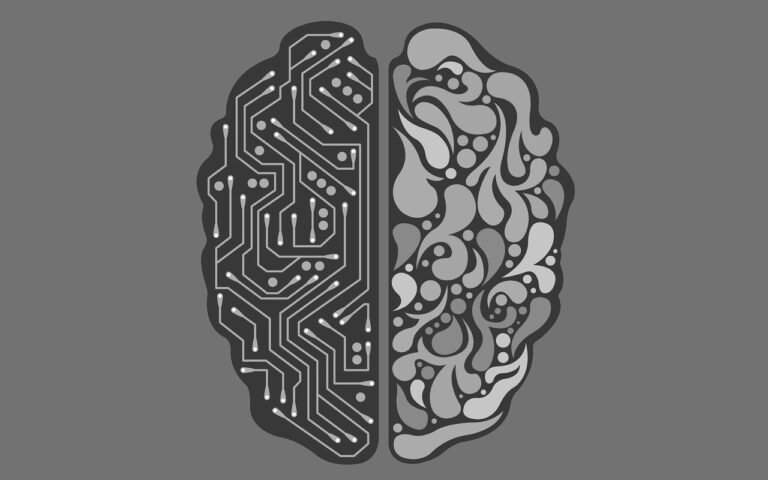Artificial intelligence stands to transform the logistics industry into a proactive, predicative, automated and personalised branch, according to a report by DHL and IBM.
 The report identifies implications and use cases of AI in the logistics industry.
The report identifies implications and use cases of AI in the logistics industry.
According to the partnership, the technology will shift the logistics industry’s operating model from reactive actions to a proactive and predictive paradigm. For example, AI technologies can use advanced image recognition to track condition of shipments and assets, bring end-to-end autonomy to transportation, or predict fluctuations in global shipment volumes before they occur.
“Today’s current technology, business, and societal conditions favour a paradigm shift to proactive and predictive logistics operations more than any previous time in history” said Matthias Heutger, senior vice president and global head of innovation DHL. “As the technological progress in the field of AI is proceeding at great pace, we see it as our duty to explore, together with our customers and employees, how AI will shape the logistics industry’s future.”
Keith Dierkx, IBM global industry leader for freight, logistics, and rail, said: “Technology is changing the logistics industry’s traditional value chains, and ecosystems are reshaping enterprises, industries and economies.
“By leveraging AI into core processes, companies can invest more in strategic growth imperatives to modernise or eliminate legacy application systems.
“This can make existing assets and infrastructure more efficient, while providing the workforce with time to enhance their skills and capabilities.”
The report says that AI will develop to become as omnipresent in the industrial sector as it currently is in the consumer world.







